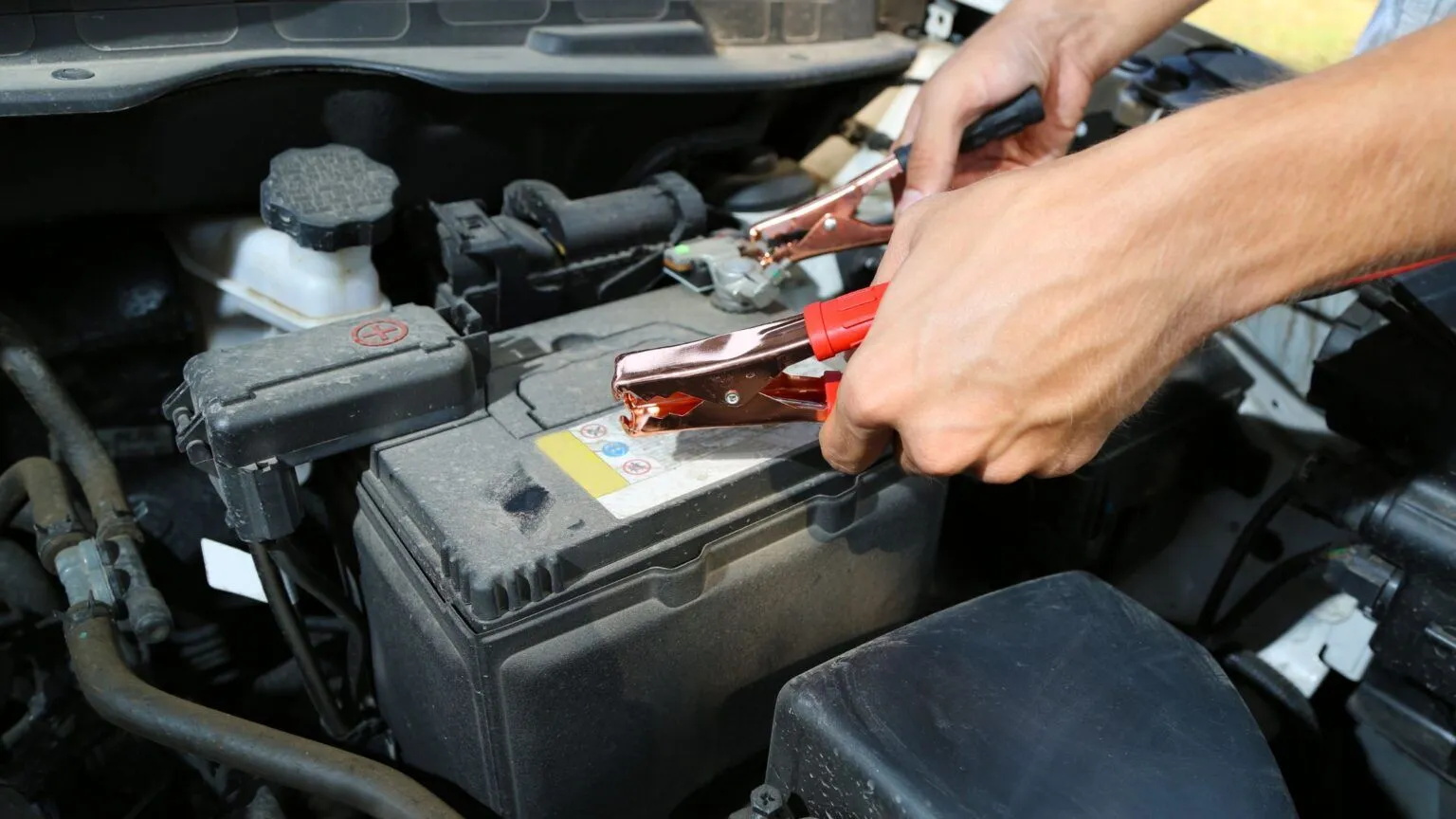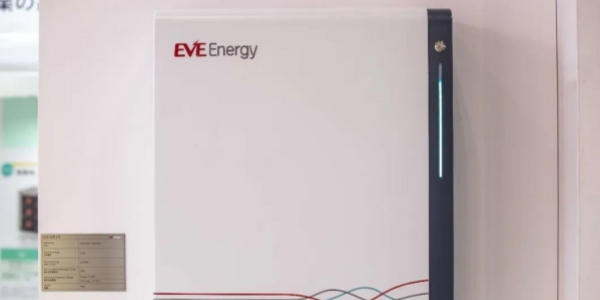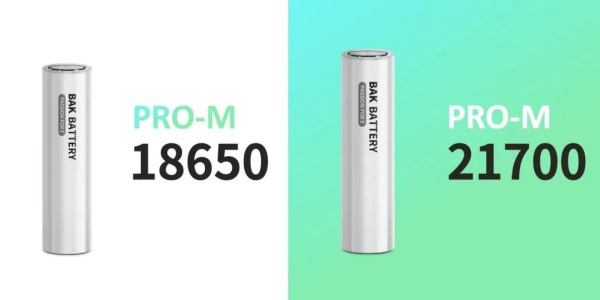Explore Deep Cycle LiFePO4 Battery Application Scenarios: RV, Marine, EV
Understanding Deep Cycle LiFePO4 Batteries
A deep cycle LFP battery is a unique type of energy storage device specifically designed for sustained power output over an extended period.
Unlike regular batteries or starter batteries, such as those in cars, which deliver short bursts of high current, deep cycle lifepo4 batteries are constructed to provide a stable energy output over a long duration.

Therefore, it is also the battery of choice in areas requiring continuous power supply. So what are some areas where deep cycle lifepo4 batteries are needed? Today we will explore this problem together - deep cycle LiFePO4 Battery application scenarios.
Let's Look at Main Applications
The deep-cycle lifepo4 battery is suitable for a variety of uses due to its ability to provide continuous power.
1. Recreational Vehicles (RV)
In marine and RV use, reliable power is not just a convenience—it is essential.
In RVs, these RV batteries power internal systems, including lighting, heating, air conditioning, and refrigeration. They are favored for their ability to deep discharge without suffering damage, providing ca onsistent energy supply during long trips.
2. Marine Applications
For boats and yachts, deep cycle LiFePO4 batteries power everything from trolling motors to onboard appliances and navigation systems. They are particularly valued for their robustness in handling harsh marine environments, resisting corrosion, and providing dependable power in remote areas.
3. Electric vehicles (EV)
Electric vehicles such as golf carts and mobility scooters typically use deep cycle batteries.
4. Renewable Energy Systems
Deep cycle lifepo4 batteries are widely used in solar and wind power systems, where they store energy for use when there’s no sun or wind.
In addition to applications in RVS, Marine, and electric vehicles, and renewable energy systems, deep cycle lifepo4 batteries are also used in many fields, such as off-grid solar systems, backup power, portable power, grid stabilization, medical devices, telecommunications, unmanned aerial vehicles (UAVs), and drones.
Application Advantages of Medium to Deep Cycle LiFePO4 Battery
The deep-cycle lifepo4 battery plays an important role in the above application, the reason why the deep-cycle battery is chosen to use lifepo4 battery, because LiFePO4 battery is eye-catching for its excellent performance and advantages, good safety and stability, not easy to overheat and fire; More than 2000 charge and discharge cycles can greatly extend the service life; The lighter design also helps to improve fuel efficiency and reduce load load on vehicles and ships.
Therefore, the advantage of deep-cycle lithium iron phosphate makes it the best choice in the above fields.

